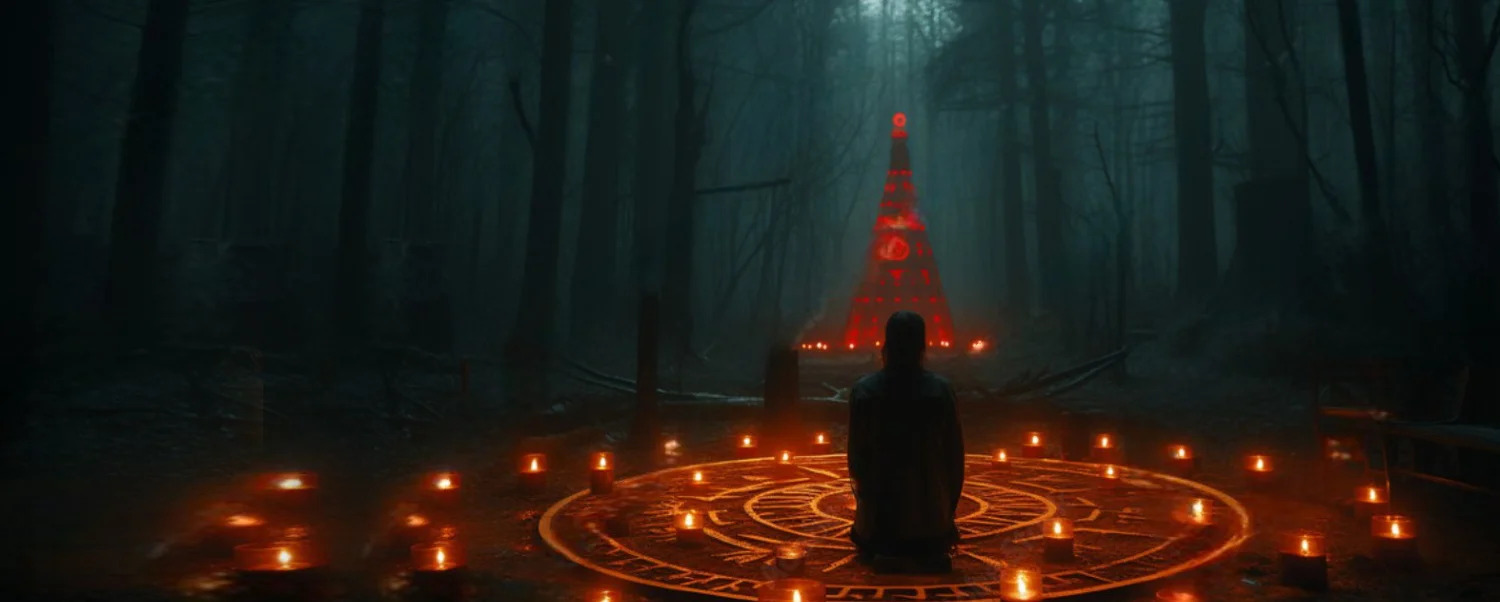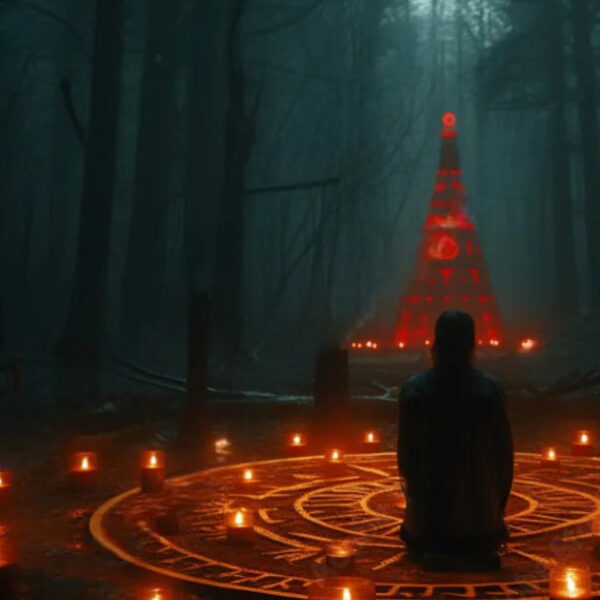Astrology vs. Astronomy: What’s the Real Difference?
Astrology and astronomy are two fields that share a common history but have evolved in dramatically different directions. While both are rooted in the observation of celestial bodies, their purposes, methodologies, and cultural roles diverge significantly. One is a scientific discipline, the other a metaphysical system—yet both continue to captivate minds around the world.
In this article, we’ll explore the key differences between astrology and astronomy, debunk common misconceptions, and look at how the two continue to influence modern life in vastly different ways.
The Origins: A Shared Beginning
Historically, astrology and astronomy were one and the same. In ancient civilizations such as Babylon, Egypt, and Greece, early stargazers observed the movements of the stars and planets not only to predict celestial events but also to understand human fate.
These observations were considered sacred, with astronomers often doubling as astrologers. However, as scientific methods evolved, astronomy developed into a rigorous, data-driven field, while astrology remained rooted in symbolism and spiritual interpretation.
Today, when individuals seek guidance based on astrological insights, they may turn to a Vashikaran specialist in Aurangabad to help align personal energies with planetary cycles.
What is Astronomy?
Astronomy is the scientific study of celestial objects, such as stars, planets, comets, and galaxies. It relies on physics and mathematics to explain phenomena like black holes, planetary orbits, and cosmic expansion. Astronomers use telescopes, satellites, and other tools to explore the universe and contribute to our understanding of space.
Astronomy is an evidence-based science recognized globally, often associated with major breakthroughs in technology, navigation, and space exploration.
What is Astrology?
Astrology, on the other hand, interprets the positions and movements of celestial bodies to gain insight into human behavior, emotions, and life events. It operates on the belief that the macrocosm (the universe) reflects the microcosm (individual human lives).
Astrology charts, such as natal or birth charts, are used to identify personality traits, relationship compatibility, career paths, and more. People often consult astrologers or spiritual practitioners like a Black Magic specialist in Chandigarh for guidance based on their astrological configurations.
Science vs. Symbolism
The core difference lies in methodology. Astronomy is empirical and objective. Its findings are testable and observable. Astrology is symbolic and subjective, offering interpretations rather than concrete answers.
That said, astrology can have powerful psychological value. By prompting introspection and providing archetypal frameworks, astrology supports personal development and self-understanding. For example, if you’re facing recurring life patterns, a Vashikaran specialist in Bangalore might use astrological insights to uncover karmic influences.
Do They Ever Overlap?
Despite their differences, astrology and astronomy occasionally intersect. Astrologers depend on astronomical data (planetary positions, lunar phases, eclipses) to make accurate readings. Without the precise movements tracked by astronomers, astrology could not function.
But while astronomy is unconcerned with personal meaning, astrology thrives on it. Where an astronomer sees Mars as a planet, an astrologer sees Mars as a symbol of drive, aggression, and ambition.
Public Perception and Popularity
Astronomy is universally accepted within the scientific community, while astrology remains controversial. Critics label it as pseudoscience due to its lack of empirical evidence. However, astrology’s popularity continues to grow, particularly among younger generations who find meaning in zodiac signs, moon rituals, and planetary transits.
In moments of emotional crisis or spiritual searching, people often turn to a Black Magic specialist in Ludhiana for mystical support that combines astrology with ancient practices.
Cultural and Psychological Impact
While astronomy contributes to technological advancement, astrology contributes to emotional and spiritual well-being. Many find comfort in the idea that their lives are part of a cosmic plan. Astrology also helps people reflect on their behavior and make conscious life choices.
To amplify this self-awareness and healing, one might consult a Vashikaran specialist in Nashik for rituals tailored to specific planetary alignments.
Why the Confusion?
The similarity in terminology (both ending in “-ology”) and the shared use of planets and stars cause ongoing confusion. But understanding the fundamental difference—science versus symbolism—can clarify the distinction.
In India and other cultures, astrology is deeply integrated into daily life. Many consult a Vashikaran specialist in Bengaluru before major life decisions, such as marriage, business ventures, or travel.
The Choice is Personal
You don’t need to choose between astrology and astronomy. They serve different purposes. You can marvel at the scientific beauty of the cosmos and still find personal meaning in your star sign.
And if you’re ever at a crossroads, unsure whether you need cosmic insight or earthly logic, working with a Black Magic specialist in Indore or a Vashikaran specialist in Shimla may help bridge the gap between the mystical and the material.
Final Thoughts
Astrology and astronomy may have started together, but they now walk separate paths. Astronomy seeks to understand the universe from a physical and scientific lens. Astrology seeks to understand the self through a symbolic and spiritual one.
Whether you gaze at the stars for science or for signs, both perspectives can coexist and enrich your understanding of the cosmos and your place within it. And when in doubt, turn to a Vashikaran specialist in Amritsar or a Vashikaran specialist in Hyderabad to help you align the wisdom of the stars with your soul’s path.












